 |
| May 11, 2020 |
Dear Reader,
By 2050, about one-third of the U.S. could experience extreme weather events annually if population and greenhouse gas emissions continue to rise, according to new research. Scientists say that's more than double the 47 million Americans who currently experience extreme heat and cold, prolonged droughts, and intensifying floods. Next in today's roundup, a new technique to prevent planes from being hit by lightning might seem counterintuitive. Recent tests show that adding an electrical charge to the outside of the aircraft is the best way to reduce the chance of a strike. And lastly, blood clots are a frequent, and mysterious, complication of COVID-19. Read our main story to learn what researchers are starting to untangle. |
| | Sunya Bhutta, Senior Editor, Audience Engagement
@sunyaaa | |
 |
| |
| |
| |
| |
| |
| Space Believable Extraterrestrials The 100th anniversary of astronomy's "Great Debate" prompts thoughts on the hunt for life in the universe | | | | |
| |
| Space How to Grow Vegetables on Mars If we're ever going to colonize the Red Planet, we'll need to produce food on site—also beer | | By Edward Guinan,Scott Engle,Alicia Eglin | | | |
| |
| |
FROM THE STORE
 | | | |
| |
FROM THE ARCHIVE
 | | | |
| |
LATEST ISSUES
 |
| |
| Questions? Comments?  | |
| Download the Scientific American App |
| |
| |



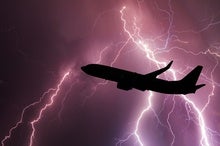
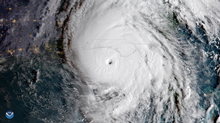
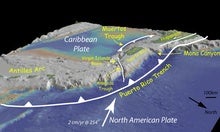






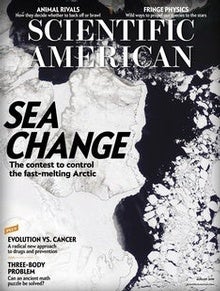


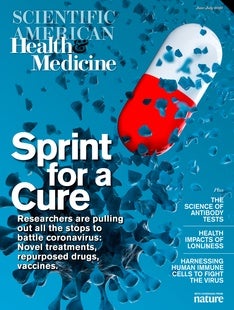



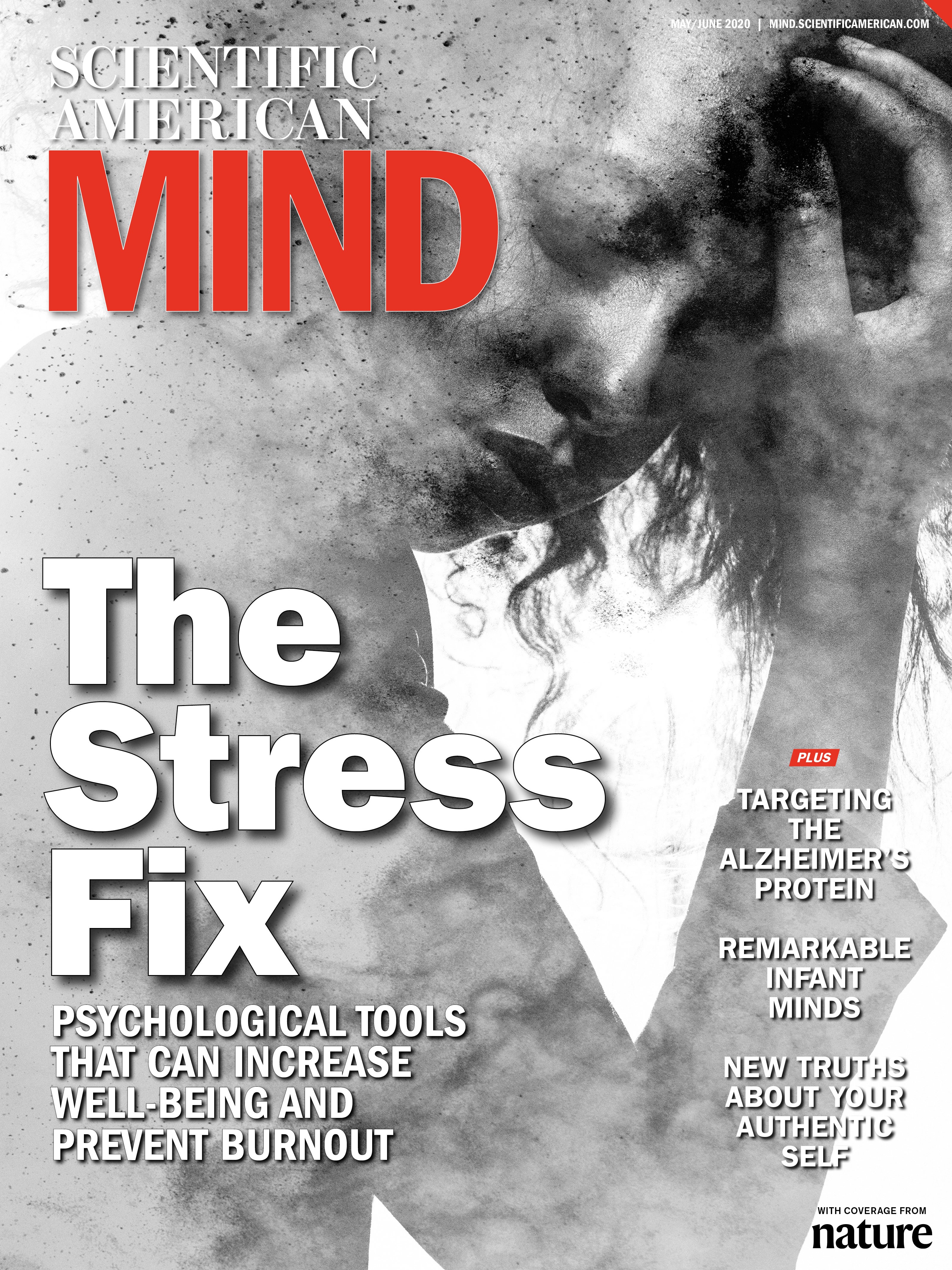



Comments
Post a Comment